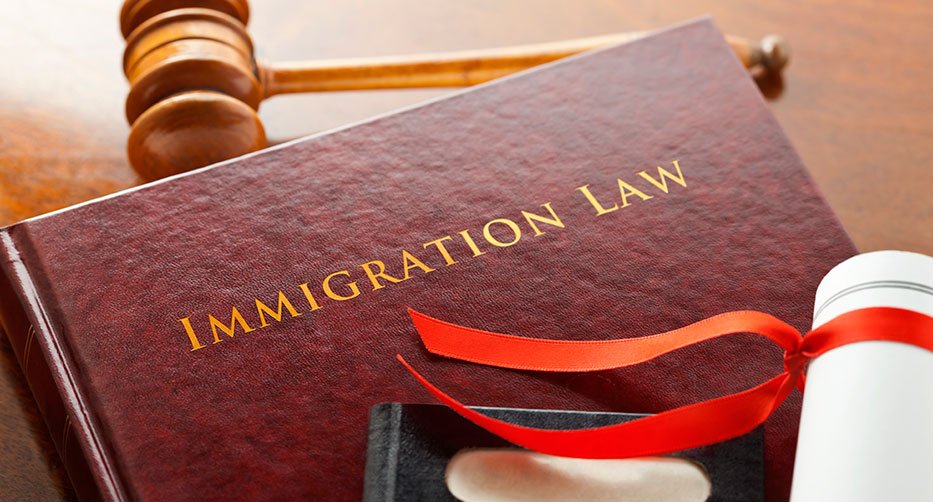Silicon Valley immigrants have played a pivotal role in the success of the region’s business sector, particularly in the developing tech companies. Many experts believed that the region is the ultimate destination for highly-skilled immigrants, especially those who are working in engineering firms and technology. However, after the tragic 9/11 incident, the tightening of the immigration laws has been the major consequence. Thus, leaving the region’s innovative industries impacted severely.
At the minimum, there are 57% degree-holder immigrant workers in the Science, Technology, Engineering, and Math (STEM) jobs working in Silicon Valley. These skilled workers are required to obtain H-1B visas for them to stay in the United States legally for three years.
The H-1B visa is the primary ticket of skilled immigrants to enter the country, specifically Silicon Valley. However, the increased restrictions of immigrant applicants of H-1B visas leave most Silicon Valley companies bothered.
Since the Trump administration, series of executive orders have been released to start the strict implementation of visa requirements. The U.S Citizenship and Immigration Services agency set up a new policy memorandum that requires detailed documentation for H-1B workers to ensure they are filling the specific functions they applied.
This initiative is to prevent “benching” or the practice where companies employ entry-level foreign workers like software engineers and compensate them minimum wage and sometimes arrange them to subsidiaries.

Granting the amendment of the H-1B visa application, these immigration reforms also have inevitable consequences. As immigration subject has been a major issue in the U.S, Silicon Valley being the center spot for tech businesses, is every so often affected by these modifications.
According to National Foundation for American Policy, half of the region’s billion-dollar newly established companies rely on skilled immigrant workers. Some of these workers include Elon Musk, SpaceX, and Tesla founder who is from South Africa, and Sergey Brin, Google co-founder from the Soviet Union to name a few.
For a long time, immigration ruling has already been challenging, and it became even more difficult with the new executive orders. In-depth scrutiny for H-1B visa has been implemented which most of these are returned to the applicant to provide additional supporting documents.
Even the extension for an H-1B visa is not exempted from these rulings. While the government aims to strengthen the immigration laws, it prohibits legitimate and talented skilled workers to contribute to Silicon Valley’s emerging tech business. For more information in immigration and visas, contact an immigration lawyer near you.





